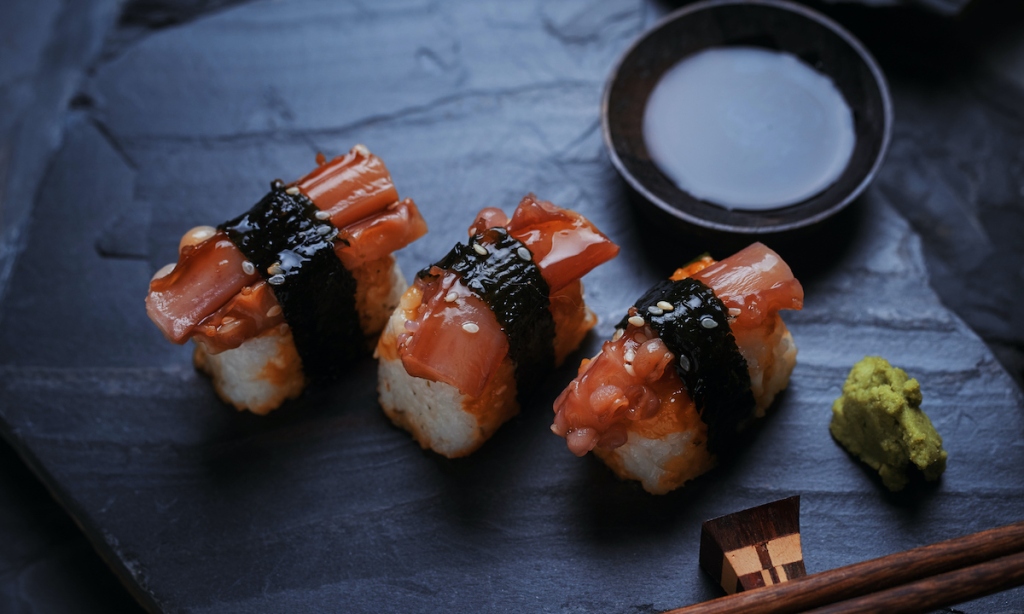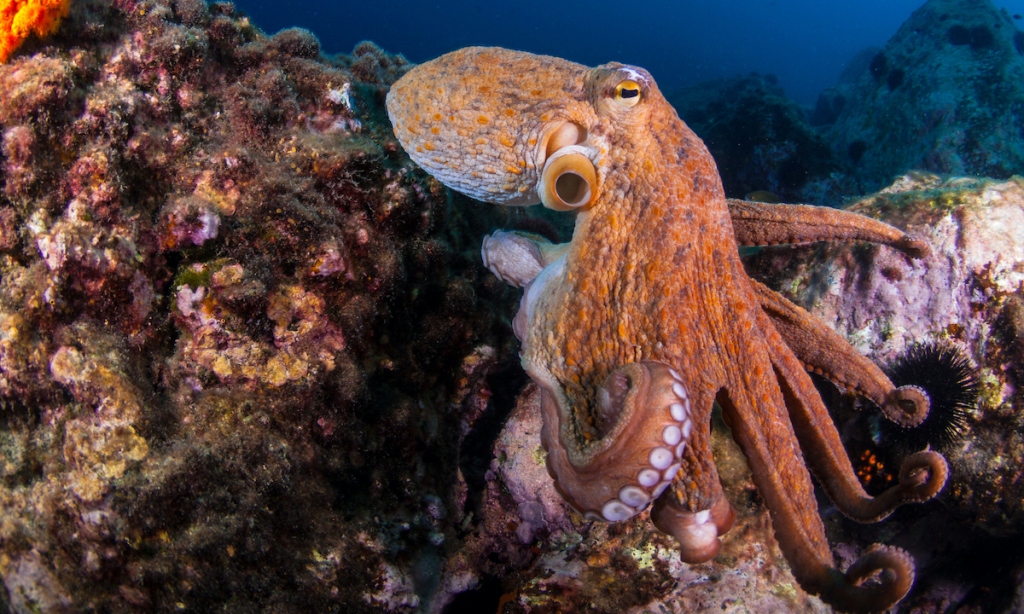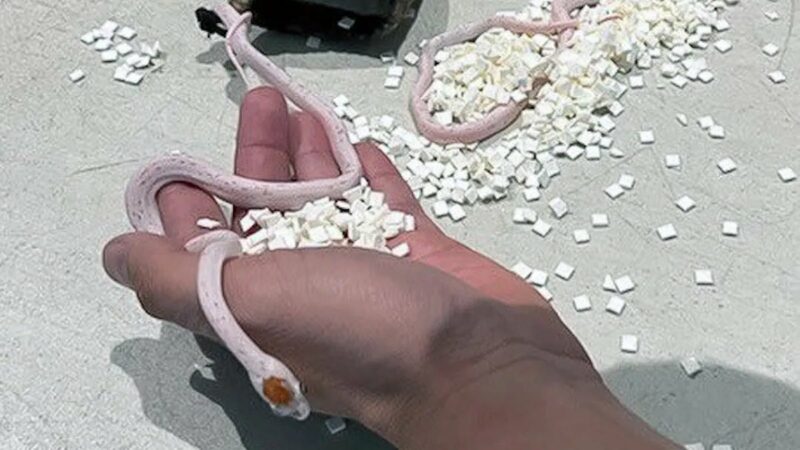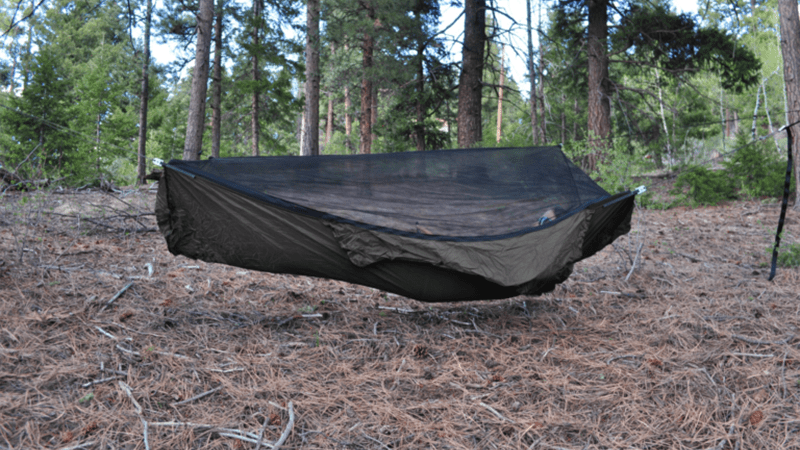This Company is Opening the World’s First Octopus Farm. Is it Ethical?
Seafood brand Nueva Pescanova recently announced its plan to open the world’s first octopus farm. A ready source of octopus could be good news for global food markets — but animal rights advocates are raising the alarm.
The Spanish company plans to build the facility in the Canary Islands, a quiet archipelago that’s governed by Spain and located in the Atlantic Ocean. According to the BBC, Nueva Pescanova plans to raise a million octopuses each year. If all goes according to plan, the animals will be shipped out and served up to foodies around the world. Octopus is an important component of several traditional Spanish foods. It’s also common in many Asian and Latin American cuisines.

For centuries, the biggest barrier to serving octopus has been catching them. Highly intelligent, solitary, and elusive, octopi are caught one at a time using fishing lines or octopus traps. Many experts thought they were impossible to raise in captivity at scale. Those that tried found that the octopi either ate each other, resorted to self-harm, or died at astonishing rates, reports Reuters. But now, Nueva Pescanova says its researchers have discovered some new techniques that make farming possible.
Of course, not everyone is excited about the breakthroughs. In theory, farming the animals would result in a more sustainable fishery. When fish are farmed, there’s less bycatch, and therefore fewer needless deaths of other marine species. Farming would also, in theory, be more efficient than dispatching fossil fuel-guzzling fishing boats across the ocean, and it could lower the price of octopus, making good food more affordable for more people.
That said, octopi are known to be incredibly intelligent. Some people have even reported that they’ve developed friendships with octopi. (If you’ve seen Netflix’s My Octopus Teacher, then you know what we’re talking about here.) With that kind of high-level comprehension, the animals may be likely to experience serious suffering if kept in less-than-deal conditions.

According to the BBC, the farmed octopi will be housed indoors. They’ll be grouped together in tanks without much room to spread out and seek solitude. According to some estimates, 10 to 15% of the animals will die just from stress and illness alone. When they’re ready to harvest, the animals will be placed in icy water and frozen alive, a method several scientists have said results in a slow, painful death.
At least one American state (Washington) has already proposed a ban on octopus farming. Some countries may also institute bans. But so far, Nueva Pescanova seems to be moving ahead with its plans. So, in all likelihood, it will be left to each consumer to make the decision for themselves: either boycott farmed octopus, or enjoy your cheaper tapas, as you see fit.






